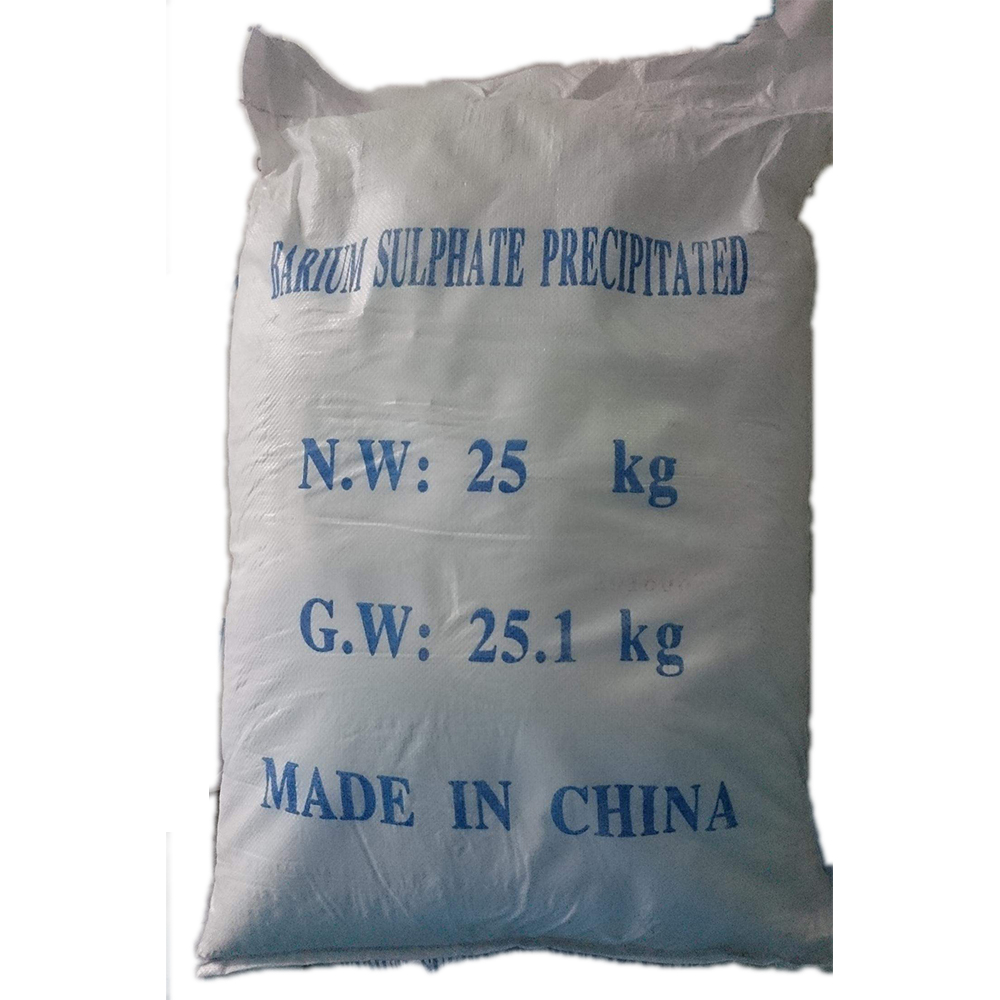



what is sodium bisulfate in food
What is Sodium Bisulfate in Food?
Sodium bisulfate, also known as sodium hydrogen sulfate, is a chemical compound that plays a significant role in food processing and preservation. With the chemical formula NaHSO₄, it is a white crystalline salt that is soluble in water. In the food industry, sodium bisulfate is primarily used as a food additive, a leavening agent, and a pH control agent.
Functionality in Food
One of the main functions of sodium bisulfate in food is its ability to act as an acidulant. This means it can lower the pH of food products, enhancing flavors and preserving the quality of various food items. By lowering the pH, sodium bisulfate can inhibit the growth of undesirable microorganisms, thus extending the shelf life of foods. It is commonly found in foods such as baked goods, where it helps to activate baking soda and improve the leavening process.
Additionally, sodium bisulfate is used in some beverages, particularly fruit juices and soft drinks, for regulating acidity. The controlled acidity can improve taste and stability, while also assisting in the preservation of flavor and color. It is also utilized in some seasoning blends to enhance flavor and prevent spoilage.
Safety and Regulations
what is sodium bisulfate in food

Sodium bisulfate is recognized as safe for consumption when used in appropriate quantities. It is classified as Generally Recognized As Safe (GRAS) by the U.S. Food and Drug Administration (FDA). However, like many food additives, its use is regulated, and manufacturers must adhere to strict guidelines regarding the maximum allowable amounts in food products. These regulations ensure that the additive does not pose health risks to consumers.
People with sensitivities to sulfites, a group of compounds including sodium bisulfate, should be cautious as they may experience allergic reactions. Symptoms can include headaches, skin rashes, or gastrointestinal issues. Therefore, it is important for individuals with known sulfite sensitivities to read ingredient labels carefully.
Alternatives to Sodium Bisulfate
While sodium bisulfate is effective, there are alternative substances that can serve similar functions in food processing. For example, citric acid and vinegar are natural acidulants that can also help stabilize pH and enhance flavors in food products. In baked goods, baking powder is a commonly used leavening agent that can serve as a substitute for sodium bisulfate combined with baking soda.
Conclusion
In summary, sodium bisulfate is a versatile compound used widely in the food industry for its preservative and flavor-enhancing properties. While it is considered safe for consumption, individuals should be aware of potential sensitivities. It is always advisable for consumers to be informed about the ingredients in their food products, as this promotes better health and wellness. As the food industry evolves, the utilization of sodium bisulfate and its alternatives continues to shape the way we experience food today.
-
Leading Washing Powder OEM Brands | Custom Private Label DetergentNewsSep.01,2025
-
High-Purity Strontium Chloride (SrCl2) for Lab & IndustryNewsAug.31,2025
-
Anhydrous Formic Acid 80% 85% 94% - High Purity SolutionsNewsAug.30,2025
-
Accurate Fire Assay Flux for Gold & Silver Ore AnalysisNewsAug.29,2025
-
Advanced Paint Chem Solutions: Quality Chemicals for CoatingsNewsAug.28,2025
-
Potassium Nitrate: The Ultimate Fertilizer for Agriculture and GardeningNewsAug.25,2025
-
Potasium Persulphate: A Versatile Chemical for Industrial ApplicationsNewsAug.25,2025










